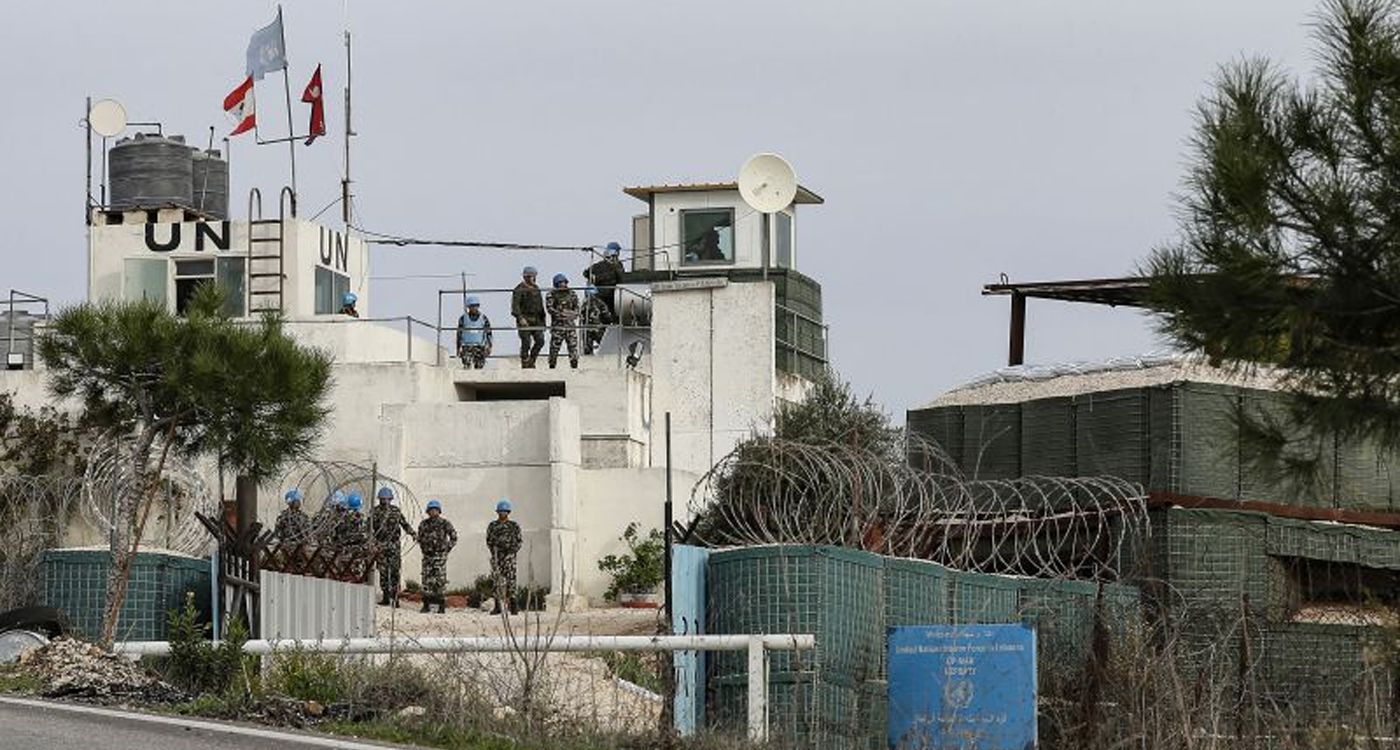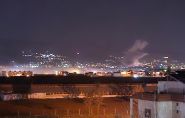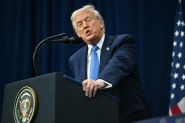
Lebanon faces a critical two-month challenge as all parties work to maintain stability and implement the revived UN Security Council Resolution 1701. With reinforcement efforts underway, the focus is on translating this second chance into tangible action.
Cautious days lie ahead as UNIFIL and the Lebanese Army remain on high alert. This is Beirut has revealed that senior commanders from CENTCOM will collaborate with the Lebanese Armed Forces (LAF), offering crucial assistance to help disarm Hezbollah.
But how is UNIFIL adapting to the evolving situation? And what obstacles stand in its way as it strives to fulfill its mission?
Tenenti to TIB
In an exclusive interview with This is Beirut (TIB), UNIFIL spokesperson Andrea Tenenti highlighted the peacekeeping mission’s ongoing efforts following the recent ceasefire. “UNIFIL is currently adapting its operations to the new situation we woke up to today. Peacekeepers have remained in position until now to be ready for this moment,” he stated.
He clarified that UNIFIL’s composition and mandate remain unchanged, with peacekeepers focused on supporting Lebanon and Israel in implementing UN Security Council Resolution 1701. “The ceasefire agreement recognizes the importance of full implementation of Resolution 1701 and welcomed the announcement of a cessation of hostilities and the recommitment to the resolution as a path toward peace,” he said.
Tenenti stressed the need for cooperation among all parties to ensure the success of the ceasefire. “Civilians on both sides of the Blue Line have suffered greatly because of this conflict. For their sake, we urge all actors to fully implement [Resolution 1701] in both letter and spirit,” he said. UNIFIL peacekeepers, representing 48 countries, stand ready to support this critical new phase of de-escalation.
Challenges facing UNIFIL
Journalist and political analyst Ali Hamade told This is Beirut that UNIFIL faces numerous challenges that need to be addressed.
“The first challenge is the need for reinforcement,” Hamade explained. “There is a shortage of personnel, and contingents from key countries like France and Italy, which are among the most significant contributors, must be strengthened.”
Hamade also stressed the importance of redefining UNIFIL’s mission. “This involves identifying, monitoring, and dismantling all Hezbollah infrastructure and addressing any destabilizing elements in the region. Such efforts must be closely coordinated with the Lebanese Army, which holds the authority and responsibility to address these complex issues,” he said.
He acknowledged that while it is unrealistic to expect Hezbollah to change its nature overnight or to completely disappear militarily from the region, a rigorous, coordinated effort is essential. “This mission, led by UNIFIL in collaboration with the Lebanese Army and under strict American supervision, must ensure that Hezbollah’s military presence south of the Litani River does not resurface. Failure to do so could lead to another war in the coming years,” he cautioned.
Hamade concluded by emphasizing the need for UNIFIL to fulfill its role effectively. “Resolution 1701 was not sufficiently clear in the past. However, today, the Franco-American roadmap has clarified its provisions and outlined detailed measures to guide the mission forward,” he said.
Lebanese army and UNIFIL deployments
The Lebanese army began deploying in southern Lebanon on Wednesday evening, a few hours after the implementation of the ceasefire. Thousands of Lebanese troops, alongside UNIFIL peacekeepers, are tasked with enforcing the terms of this agreement, which call for the removal of heavy weaponry and Hezbollah infrastructure from the area between the Litani River and the Israeli border.
The United States and France will oversee its compliance through a verification mission established after the 2006 Israel-Hezbollah war. The deployments aim to restore stability to the region and ensure adherence to the ceasefire’s provisions.
The Lebanese army issued a statement on Wednesday stating, “With the ceasefire in effect, the Lebanese Army is deploying in the south, in coordination with UNIFIL, as mandated by Resolution 1701.
Troops are bolstering their presence south of the Litani River to extend state authority, fulfilling the Lebanese government’s commitment to fully implementing Resolution 1701. Military units are relocating from various regions to take positions at designated sites.
Ending 14 months of fighting
Israel and Lebanon reached a ceasefire agreement on Tuesday, November 26, ending 14 months of intense conflict between Israel and Hezbollah, the Iran-backed militant group.
The breakthrough followed negotiations led by US Special Envoy Amos Hochstein, who engaged with Lebanese and Israeli officials last week. Before the agreement, Hochstein expressed optimism, stating that progress was being made toward ending the conflict.
Resolution 1701 and its challenges
Adopted in 2006 after a month-long war between Israel and Hezbollah, UN Security Council Resolution 1701 aimed to establish lasting security along the Israel-Lebanon border. While the resolution brought relative calm for nearly two decades, its provisions were never fully enforced.
Hezbollah was supposed to retreat beyond the Litani River and dismantle its armed presence in southern Lebanon. Instead, the group expanded its military capabilities, loading its arsenal and constructing underground tunnels. These activities carried out in defiance of Lebanon’s government and constitution, created conditions that led to the recent conflict, which Hezbollah labeled “in support of Gaza”.
The escalation of the past two months
The latest war erupted in late September after nearly a year of low-level skirmishes in southern Lebanon. The conflict quickly escalated into full-scale war, with an Israeli ground invasion and airstrikes reaching as far as Beirut.
As the violence intensified, UN and diplomatic officials revived the 2006 resolution in a desperate attempt to halt the hostilities. The current ceasefire offers a fragile yet crucial opportunity to enforce Resolution 1701 and rebuild peace in the region.




Comments